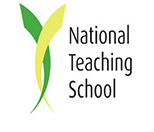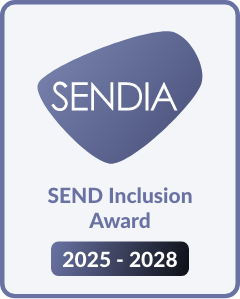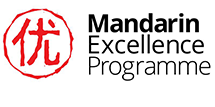Computer Science
Why study Computing?
You will enjoy this course if you would like to:
- Think creatively, innovatively, analytically, logically and critically;
- Understand the organization of computer systems, including software, hardware, data, communications and people;
- Apply skills, knowledge and understanding of computing, including programming, in a range of contexts to solve problems;
- Learn skills in project and time management;
- See relationships between different aspects of the subject, and perceive their field of study in a broader perspective;
- Understand the consequences of using computers, including social, legal, ethical and other issues;
- Be aware of emerging technologies and an appreciation of their potential impact on society.
What will I study?
| AS | A Level |
|---|---|
| 1. Fundamentals of programming | 10. Fundamentals of programming |
| 2. Fundamentals of data structures | 11. Fundamentals of data structures |
| 3. Systematic approach to problem solving | 12. Fundamentals of algorithms |
| 4. Theory of computation | 13. Theory of computation |
| 5. Fundamentals of data representation | 14. Fundamentals of data representation |
| 6. Fundamentals of computer systems | 15. Fundamentals of computer sytems |
| 7. Fundamentals of computer organisation and architecture | 16. Fundamentals of computer organisation and architecture |
| 8. Consequences of uses of computing | 17. Consequences of uses of computing |
| 9. Fundamentals of communication and networking | 18. Fundamentals of communication and networking |
| 19. Fundamentals of databases | |
| 20. Big Data | |
| 21. Fundamentals of functional programming | |
| 22. Systematic approach to problem solving | |
| 23. Non-exam assessment - the computing practical project |
How will I study?
Through a mixture of teacher-led activities, individual research, case studies, theory work and practical sessions.



